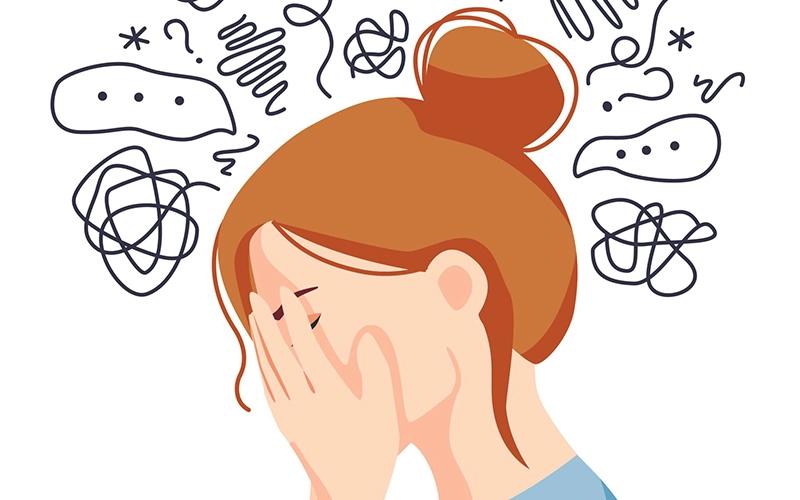Understanding Dysfunctional Beliefs
Dysfunctional beliefs are deeply ingrained thoughts and perceptions that often skew our interpretation of reality, leading to negative emotional and behavioral consequences. These beliefs, also known as cognitive distortions, can significantly impact our mental health and overall well-being.
The Nature of Dysfunctional Beliefs
Dysfunctional beliefs are automatic, irrational thoughts that reinforce negative emotions and behaviors. They often emerge from early life experiences and can be perpetuated by ongoing stress and trauma. Common examples include all-or-nothing thinking, overgeneralization, and catastrophizing. These thought patterns can create a persistent sense of anxiety, depression, and low self-esteem.
Origins and Impact
These beliefs often originate in childhood, influenced by family dynamics, societal expectations, and personal experiences. For instance, a child consistently criticized by parents might develop a belief that they must be perfect to be loved. Such beliefs can become self-fulfilling prophecies, leading to behaviors that reinforce the initial distorted thought.
The impact of these beliefs is profound. They can affect every aspect of life, from personal relationships to professional achievements. For example, a person with a high demand for approval might constantly seek validation from others, leading to chronic stress and dissatisfaction.
Common Types of Dysfunctional Beliefs
- Demand for Approval: The need for constant validation from others can lead to anxiety and low self-worth. Individuals may feel devastated by criticism or rejection, impacting their confidence and social interactions.
- High Self-Expectations: Unrealistic standards and perfectionism can cause chronic stress and a fear of failure. This belief can result in avoidance of new challenges and a persistent sense of inadequacy.
- Blame Proneness: A tendency to blame oneself or others excessively can lead to feelings of guilt, resentment, and a lack of accountability.
- Frustration Reactive: Difficulty in accepting frustrations and setbacks can result in chronic anger and disappointment.
- Emotional Irresponsibility: Believing that emotions are caused solely by external factors can prevent individuals from taking control of their emotional health.
- Anxious Overconcern: Excessive worry about future events or perceived dangers can lead to constant anxiety and stress.
- Problem Avoidance: Avoiding problems instead of confronting them can result in unresolved issues and increased stress over time.
- Dependency: Over-reliance on others for support and decision-making can hinder personal growth and independence.
- Helplessness for Change: The belief that one cannot change their circumstances can lead to feelings of hopelessness and stagnation.
- Perfectionism: Striving for flawlessness can result in chronic dissatisfaction and an inability to appreciate achievements.
Addressing Dysfunctional Beliefs
Recognizing and challenging these beliefs is crucial for improving mental health. Cognitive-behavioral therapy (CBT) is a common approach used to identify and restructure these thought patterns. By examining the evidence for and against a belief, individuals can develop more balanced and realistic perspectives.
Practical Steps to Challenge Dysfunctional Beliefs
- Identify the Belief: Pay attention to your thoughts and identify recurring patterns that seem irrational or overly negative.
- Examine the Evidence: Consider the facts that support and contradict the belief. This can help in seeing the thought from a more objective standpoint.
- Replace with Rational Thoughts: Develop healthier, more balanced thoughts to replace the dysfunctional ones. Practice these new thoughts until they become automatic.
- Behavioral Experiments: Test the validity of your beliefs through real-life experiments. This can provide concrete evidence to challenge distorted thoughts.
Conclusion
Dysfunctional beliefs can significantly impact quality of life, but they are not insurmountable. By understanding and addressing these thought patterns, individuals can improve their mental health and lead more fulfilling lives. If you find yourself resonating with any of these beliefs, consider exploring them further through our questionnaire. This can be a valuable first step in recognizing and transforming your cognitive patterns for a healthier mindset.



